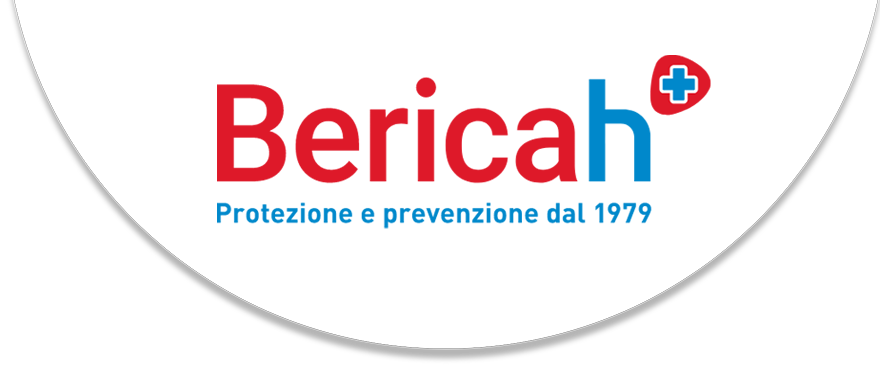
UNI EN ISO 9001:2015
Quality Management System
Since 2001, Bericah S.p.A. has been certified ISO 9001 by the accredited certification body CSQ.
What is ISO 9001?
ISO 9001 sets worldwide standards for how an organization should structure itself to achieve the highest quality in its products.
It is the reference standard for the creation, implementation, and management of a Quality Management System for any modern company.
It is a strategic choice aimed at increasing production, reducing costs, becoming more competitive in the market, and increasing customer loyalty.
The main requirement of ISO 9001 relates to the development of a Quality Policy, which represents the expression of management’s intentions. It aims to provide guidance on product and process quality, explaining what the management intends to do regarding quality. It is defined considering customer requirements and satisfaction, which are crucial for quality objectives.
The structure of ISO 9001
The standard is divided into ten sections, the first three being introductory, and the following seven, listed below, contain the requirements related to the Quality Management System:
Context of the organization
Addresses the necessary requirements to implement a QMS – Quality Management System (identification of internal and external issues, stakeholders and their expectations, definition of the QMS scope, and identification of processes and their interactions).
Leadership
Defines the commitment of top management to the QMS. Top management must:
- Ensure customer focus
- Define and communicate the quality policy
- Assign roles and responsibilities within the organization
Planning
Defines the need to plan for the ongoing functioning of the QMS through risk and opportunity assessment, identification of quality improvement objectives, and the necessary actions to achieve those objectives.
Support
Defines the management and control of all resources related to the QMS (human resources, infrastructure, work environment) and the requirements related to competence, awareness, communication, and control of documented information (documents and records required for processes).
Operation
Defines the requirements related to planning, review of product requirements, design, control of external providers, creation and distribution of products or services, and control of nonconforming process results..
Performance evaluation
Defines the requirements for monitoring and measurement of processes, evaluation of customer satisfaction, internal audits, and management review of the QMS.
Improvement
Defines the requirements necessary for continual improvement of the QMS, including the evaluation of process nonconformities and the adoption of corrective actions.
These sections are based on the PDCA cycle (Plan-Do-Check-Act).
The Quality Management System (QMS) is indeed based on process management (each operation is considered as a process with inputs, controls, and desired outputs) and aims primarily at achieving customer satisfaction and improving the efficiency and effectiveness of results to enhance the chances of success for companies in the market.

Watch the video summary of this page
For any Doubts or Questions, please Contact our Quality Office.
+39.0444.240522 / qualita@bericah.it





